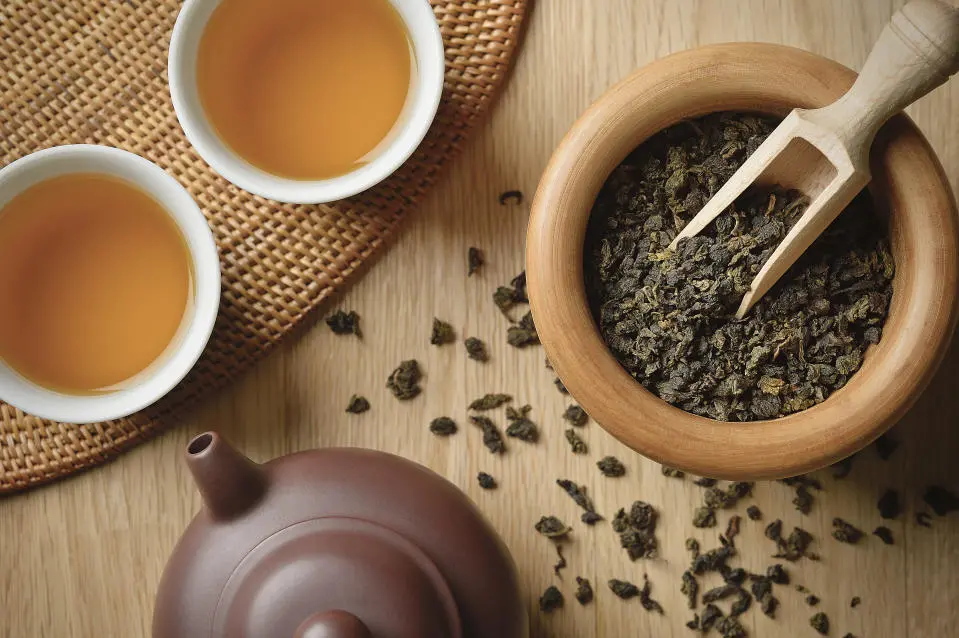- Home
- Medical news & Guidelines
- Anesthesiology
- Cardiology and CTVS
- Critical Care
- Dentistry
- Dermatology
- Diabetes and Endocrinology
- ENT
- Gastroenterology
- Medicine
- Nephrology
- Neurology
- Obstretics-Gynaecology
- Oncology
- Ophthalmology
- Orthopaedics
- Pediatrics-Neonatology
- Psychiatry
- Pulmonology
- Radiology
- Surgery
- Urology
- Laboratory Medicine
- Diet
- Nursing
- Paramedical
- Physiotherapy
- Health news
- Fact Check
- Bone Health Fact Check
- Brain Health Fact Check
- Cancer Related Fact Check
- Child Care Fact Check
- Dental and oral health fact check
- Diabetes and metabolic health fact check
- Diet and Nutrition Fact Check
- Eye and ENT Care Fact Check
- Fitness fact check
- Gut health fact check
- Heart health fact check
- Kidney health fact check
- Medical education fact check
- Men's health fact check
- Respiratory fact check
- Skin and hair care fact check
- Vaccine and Immunization fact check
- Women's health fact check
- AYUSH
- State News
- Andaman and Nicobar Islands
- Andhra Pradesh
- Arunachal Pradesh
- Assam
- Bihar
- Chandigarh
- Chattisgarh
- Dadra and Nagar Haveli
- Daman and Diu
- Delhi
- Goa
- Gujarat
- Haryana
- Himachal Pradesh
- Jammu & Kashmir
- Jharkhand
- Karnataka
- Kerala
- Ladakh
- Lakshadweep
- Madhya Pradesh
- Maharashtra
- Manipur
- Meghalaya
- Mizoram
- Nagaland
- Odisha
- Puducherry
- Punjab
- Rajasthan
- Sikkim
- Tamil Nadu
- Telangana
- Tripura
- Uttar Pradesh
- Uttrakhand
- West Bengal
- Medical Education
- Industry
Tea consumption following esophagectomy improves clinical outcomes

A new study conducted by Juwei Zhang and team showed that postoperative tea consumption improved several functions and symptoms connected to esophageal squamous cell carcinoma (ESCC) in males as well as delayed clinical deterioration. The findings of this study were published in BMC Public Health.
Esophageal squamous cell carcinoma has a high death rate and a very bad prognosis. Surgery and adjuvant therapy have a substantial impact on quality of life in addition to being able to increase patient survival (QoL). In particular, tea polyphenols, which have anticancer, antioxidant, antiangiogenic, anti-inflammatory, antibacterial, and apoptotic activities, are abundant in tea along with flavonoids, alkaloids, phenols, theanine, and other chemicals. Tea use has also been demonstrated to enhance mental and physical health as well as mood. In order to better understand how tea drinking affects postoperative quality of life in male patients with ESCC, this study was carried out.
290 male ESCC patients had their quality of life data gathered. The time-to-deterioration (TTD) model was used to determine the time to deterioration and the number of occurrences in each category of quality of life. The Cox proportional risk model was used to examine the relationship between postoperative tea consumption and postoperative quality of life in male ESCC patients.
The key findings of this study were:
1. Patients who consumed tea postoperatively reported delayed TTD in a variety of areas, including general health, role, physical, emotional, and cognitive function, nausea and vomiting, fatigue, dyspnea, constipation, loss of appetite, diarrhea, difficulty swallowing, eating issues, dry mouth, choking while swallowing saliva, coughing, taste difficulties, and speech issues.
2. Drinking tea after surgery enhanced quality of life, including physical function, role function, feeding issues, odynophagia, difficulty swallowing saliva, coughing, and speech issues, according to the multivariate Cox regression analysis.
3. Additionally, the recovery was more pronounced in individuals who drank tea both before and following surgery.
Reference:
Zhang, J., Liu, S., Song, J., Zhou, J., Zeng, Q., Lin, Z., Yu, K., Zhang, S., Qiu, M., Chen, Y., & Hu, Z. (2022). Improvement of postoperative quality of life in patients with esophageal squamous cell carcinoma: does tea consumption have a role? In BMC Public Health (Vol. 22, Issue 1). Springer Science and Business Media LLC. https://doi.org/10.1186/s12889-022-14646-z
Neuroscience Masters graduate
Jacinthlyn Sylvia, a Neuroscience Master's graduate from Chennai has worked extensively in deciphering the neurobiology of cognition and motor control in aging. She also has spread-out exposure to Neurosurgery from her Bachelor’s. She is currently involved in active Neuro-Oncology research. She is an upcoming neuroscientist with a fiery passion for writing. Her news cover at Medical Dialogues feature recent discoveries and updates from the healthcare and biomedical research fields. She can be reached at editorial@medicaldialogues.in
Dr Kamal Kant Kohli-MBBS, DTCD- a chest specialist with more than 30 years of practice and a flair for writing clinical articles, Dr Kamal Kant Kohli joined Medical Dialogues as a Chief Editor of Medical News. Besides writing articles, as an editor, he proofreads and verifies all the medical content published on Medical Dialogues including those coming from journals, studies,medical conferences,guidelines etc. Email: drkohli@medicaldialogues.in. Contact no. 011-43720751


